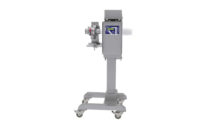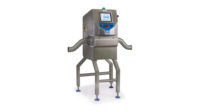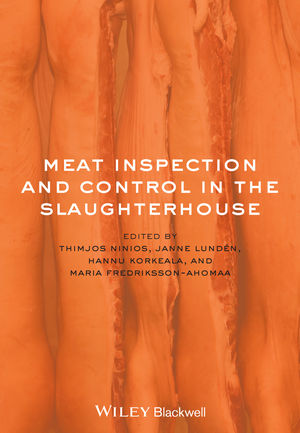With the number of North Americans now identifying as vegans shooting up by more than 3000 percent in 15 years[i], demand for plant-based products has soared. With sales in the category growing 2.5 times faster than total food sales from 2018 and 2020[ii], plant-eating is now considered mainstream. As a result, food metal detection specialist Fortress Technology is reporting high demand for its ultra-hygienic Pipeline Metal Detector.
According to a 2021 survey by Bloomberg Intelligence, the global plant-based alternative market is forecast to grow to $162 billion in the next decade. Up from $29.4 billion in 2020[iii]. Suggesting that plant-based will be significant and sizeable market in the very near future.
Catering to changing demographics, wellbeing trends, and new product developments (NPD) in plant-based alternatives, Fortress R&D in recent months has focused specifically on upgrading its Pipeline Metal Detector to maintain optimized metal detection sensitivity and the highest hygiene standards. Providing valuable reassurance to North American consumers who continue to ditch animal-derived foods.
From explosive sales in plant milks, which now accounts for 15 percent of the entire ‘milk’ category, to the historic launch of the Impossible Whopper by Burger King in 2019 (making up 10 percent of all US Whopper sales today), it’s no coincidence that over a similar time period Fortress has observed a huge uplift in enquiries for its flexible Pipeline Metal Detector.
Natural choice
With increased market share comes increased scrutiny. One of the key challenges facing the ever growing and evolving plant-based food sector is how best to maintain productivity while providing consumers with safe, uncontaminated products.
Processing compliance in this growth sector demands the highest levels of sanitation. To avoid tarnishing plant-based brand reputations, Fortress Technology’s latest metal detection pipeline machines are engineered to assist processors inspecting high-viscosity foods and liquids, to optimize hygiene standards, tackle cross contamination, and maintain a robust HACCP system.
Available in standard 2-, 3-, 4- and 5-inch pipe diameters, Fortress can also deliver any customized size too. The Fortress Pipeline Metal Detector is especially suitable for inspecting products like vegan sausages, veggie burgers, broths, gravies, syrups, condiments, juices, fruit and vegetable concentrates, milk and cream alternatives, oils, and even plant-based viscous pet food.
Overcoming sanitation challenges
Food inspection pipelines in the past have been notoriously difficult to access and deep clean. To prevent bacteria accumulating in protein-alternative processing environments, the Fortress Pipeline Metal Detector systems are IP69K rated. This means they can withstand harsh processing environments and high-pressurized washdowns after every product changeover.
By upgrading its sleek, modular design, Fortress has reduced the external surface area of its Pipeline Metal Detector by over 60%. Also, by routing the connectors through an encased unit, the system is easier for sanitation employees to roll out, dismantle and clean to prevent allergen and bacteria accumulations.
As with meats, some plant-based alternatives can generate signals that may mistakenly be interpreted by a metal detector as a contaminant. Additionally, air pockets in the product flow can trigger false rejects, leading to increased waste. To overcome this product effect, the Fortress Pipeline Metal Detector addresses these challenges by applying powerful digital signal processing technology to clearly distinguish the signal generated by a metal contaminant from the product being inspected.
To maintain metal detection sensitivity, the system also integrates Auto-balance. This feature is designed to constantly rebalance the coil heads within the unit, adapting to the signals as the product passes through the pipeline.
Halo Automatic Testing is a recommended add-on, providing an accurate and cost effective solution to ensure quality control standards are consistently met. Unique to Fortress, the Halo software program mimics the signal disturbance in the least sensitive position within the pipeline aperture. Testing inline can also be extremely messy. With Halo Automatic Testing, operatives don’t have to physically pass a metal contaminant through the metal detector or flush out a sample. Making it a much cleaner and more productive testing solution. In addition to reducing operational costs, automated testing also reduces waste and product rework.
Featuring sophisticated data capture and Contact Reporter software, the Fortress Pipeline Metal Detector system satisfies Quality Assurance mandates, ensuring traceability compliance with stringent North American processing requirements, including GFSI/SQF, BRC and HACCP.
Source: Fortress Technology
[i] Global Market Research Company, IPSOS
[ii] Good Food Institute





Report Abusive Comment